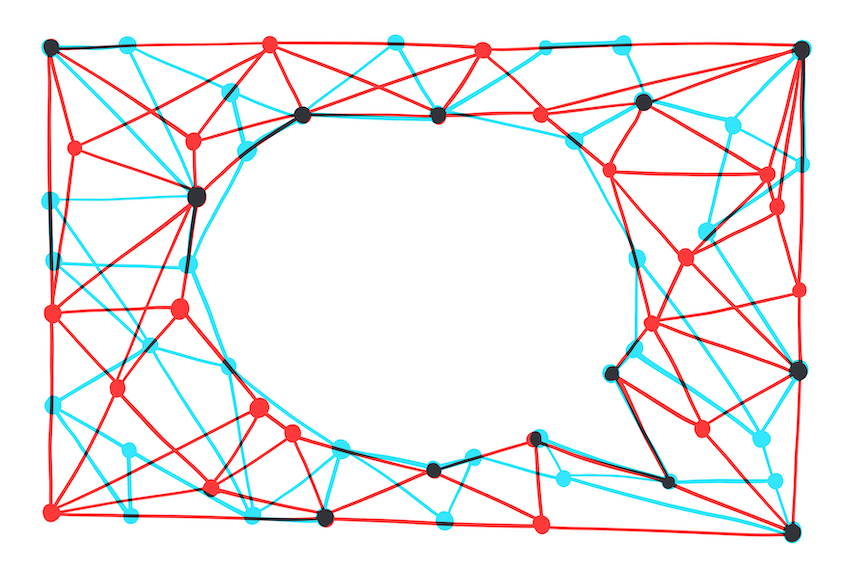Michael Fergensen was Spectrum’s engagement editor from 2022 to 2023. He was responsible for bringing Spectrum‘s award-winning content into the conversation on social media, producing webinars, and other efforts to engage with autism researchers and clinicians. Previously, Michael was social media manager at MedPage Today and, before that, an editorial assistant at Bearport Publishing. He holds a B.A. in English from SUNY Albany and a B.A. in teaching English from Brooklyn College.

Michael Fergenson
Former Engagement Editor
From this contributor
Neural recordings in freely moving mice; MBD5 variant
Researchers took to social media to discuss a new tool for recording brain activity in freely moving mice and a study linking a mutation in the gene MBD5 to epilepsy and intellectual disability. That and more in this week’s Community Newsletter.

Neural recordings in freely moving mice; MBD5 variant
Neuropixels probe; sex differences in brain anatomy
Researchers on social media reacted to a new version of the Neuropixels probe and a study of sex differences in the brain. That and more in this week’s Community Newsletter.

Neuropixels probe; sex differences in brain anatomy
Cerebral cortex genetics; calcium imaging of astrocytes
This week on social media, researchers discussed a genome-wide association study of the human cerebral cortex, how astrocytes integrate calcium signals, and more.

Cerebral cortex genetics; calcium imaging of astrocytes
Mitochondria and anxiety; brain structure in autism
Researchers reacted to a study of brain mitochondria and behavior in mice and a study of brain structure differences in autism and other conditions. That and more in this week’s Community Newsletter.

Mitochondria and anxiety; brain structure in autism
Cognitive mapping; PTEN in peripheral nerves
Researchers took to social media to discuss how cognitive maps form during learning. There was also talk about a study of peripheral nerves in mice missing PTEN, an autism-linked gene. That and more in this week’s Community Newsletter.

Cognitive mapping; PTEN in peripheral nerves
Explore more from The Transmitter
New connectomes fly beyond the brain
Researchers are mapping the neurons in Drosophila’s ventral nerve cord, where the central nervous system meets the rest of the body.

New connectomes fly beyond the brain
Researchers are mapping the neurons in Drosophila’s ventral nerve cord, where the central nervous system meets the rest of the body.
Building an autism research registry: Q&A with Tony Charman
A purpose-built database of participants who have shared genomic and behavioral data could give clinical trials a boost, Charman says.

Building an autism research registry: Q&A with Tony Charman
A purpose-built database of participants who have shared genomic and behavioral data could give clinical trials a boost, Charman says.
Cerebellar circuit may convert expected pain relief into real thing
The newly identified circuit taps into the brain’s opioid system to provide a top-down form of pain relief.

Cerebellar circuit may convert expected pain relief into real thing
The newly identified circuit taps into the brain’s opioid system to provide a top-down form of pain relief.